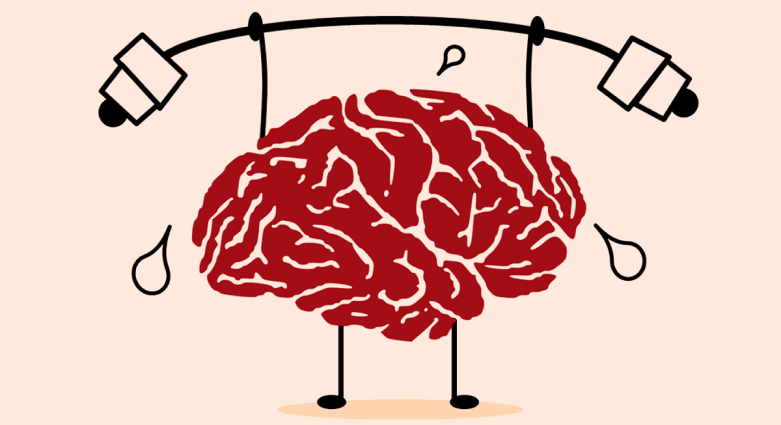In recent years, there has been a growing recognition of the importance of mental health awareness. While physical health has long been a priority in society, mental health has often been overlooked or stigmatized. However, this mindset is gradually shifting as people begin to understand the significant impact that mental well-being has on overall health and quality of life.
Mental health awareness encompasses a range of issues, including depression, anxiety, bipolar disorder, schizophrenia, and more. It involves understanding the signs and symptoms of mental illness, promoting open discussions about mental health, and reducing the stigma associated with seeking help.
One of the most significant barriers to mental health awareness is the stigma surrounding mental illness. Many people still view mental health issues as a sign of weakness or personal failure, leading to feelings of shame and reluctance to seek treatment. However, mental illness is not a character flaw but a medical condition that requires support and treatment, just like any other illness.

By raising awareness and challenging stigma, we can create a more supportive environment for those struggling with mental health issues. This includes encouraging open conversations about mental health, promoting empathy and understanding, and providing resources and support for those in need.
Another crucial aspect of mental health awareness is education. Many people are unaware of the prevalence of mental illness or how to recognize the signs in themselves or others. By providing education and resources, we can empower individuals to take charge of their mental health and seek help when needed.
Additionally, mental health awareness involves advocating for access to affordable and quality mental health care services. Unfortunately, many people face barriers to accessing mental health treatment, including lack of insurance coverage, limited availability of providers, and social stigma. By advocating for policies that prioritize mental health and expand access to care, we can ensure that everyone has the support they need to thrive.
Finally, mental health awareness involves fostering a culture of self-care and resilience. It's essential to prioritize self-care practices like regular exercise, healthy eating, adequate sleep, and stress management to support overall mental well-being. Building resilience can help individuals cope with life's challenges and bounce back from setbacks more effectively.


